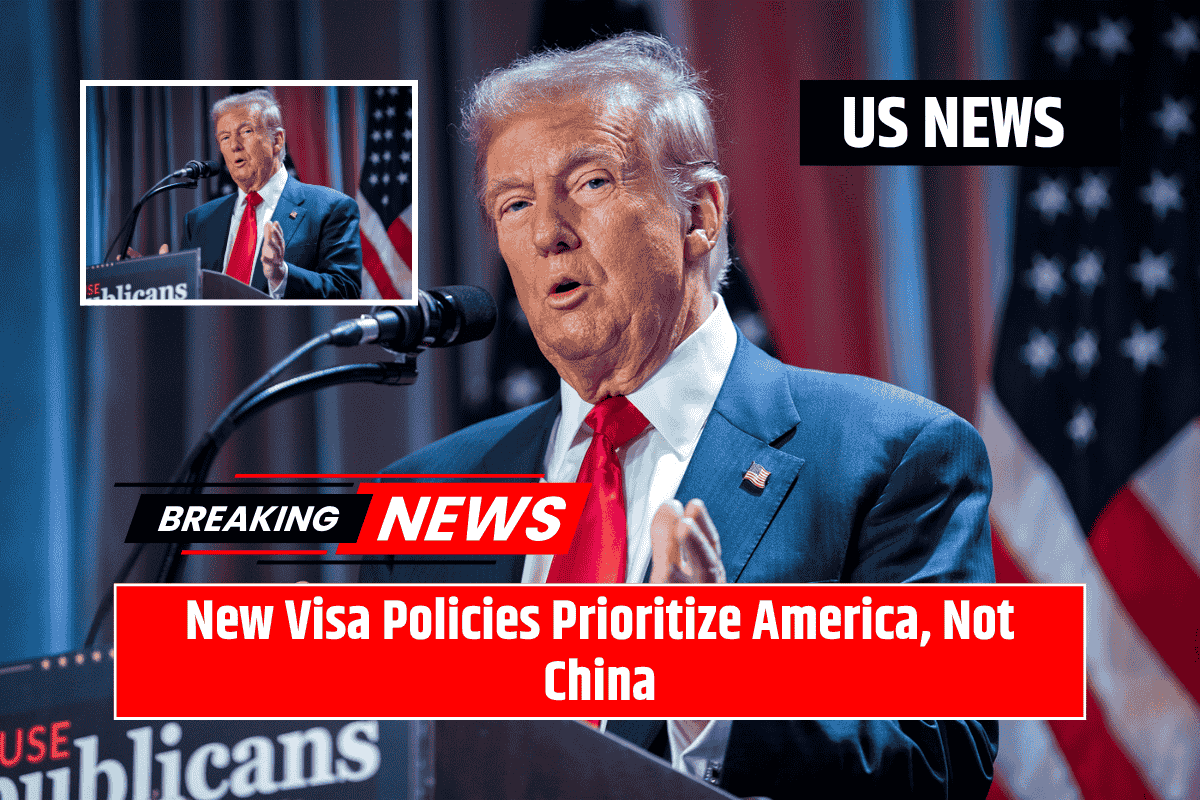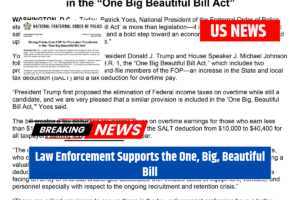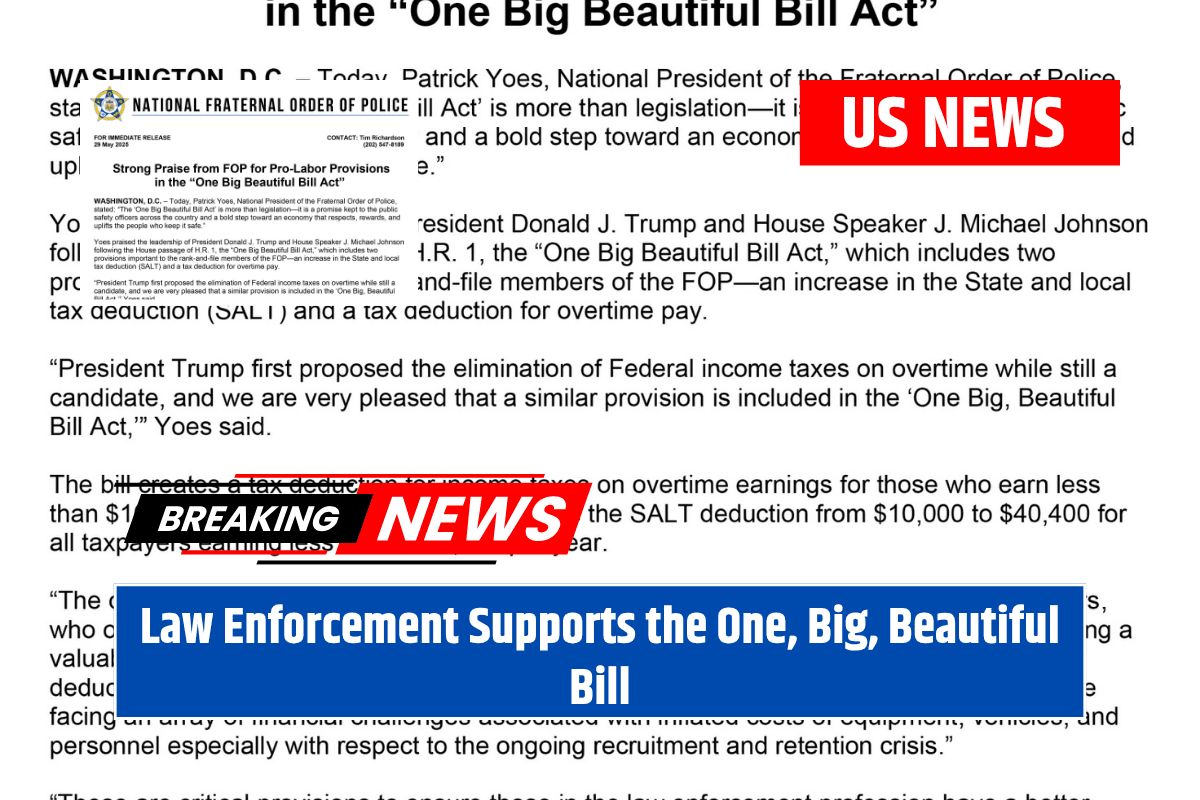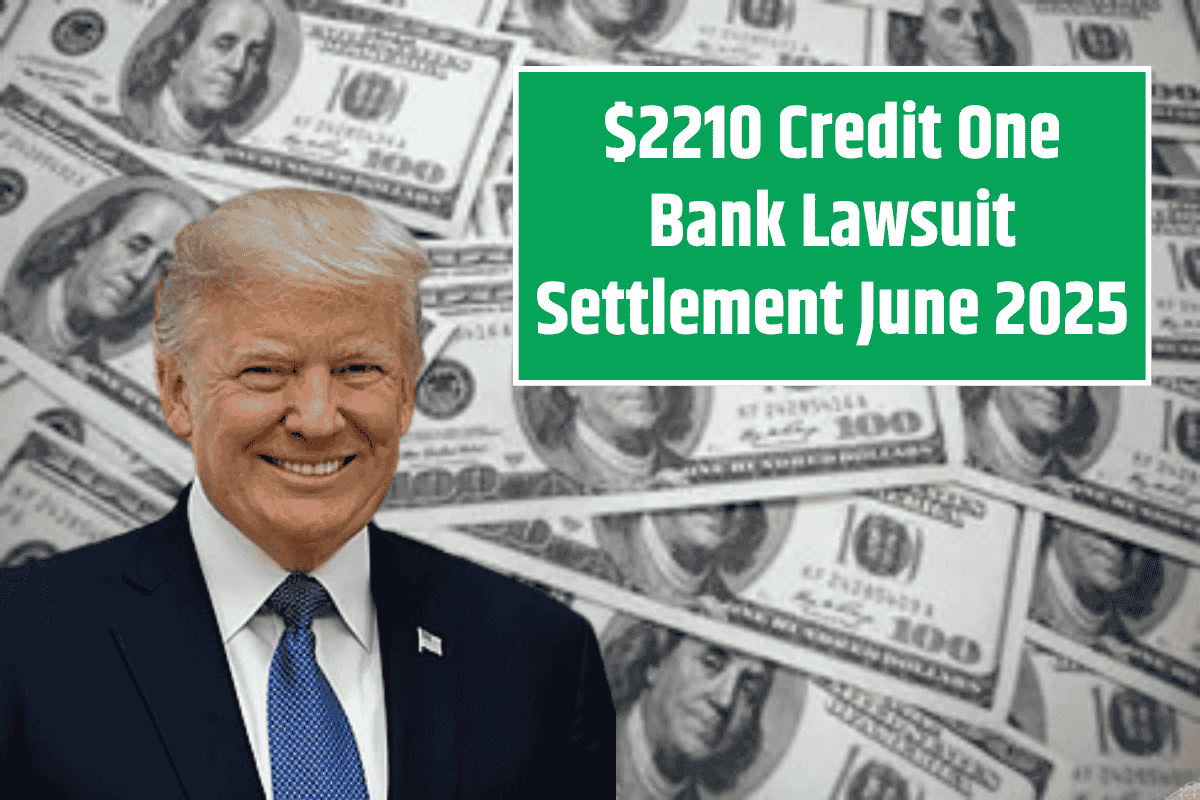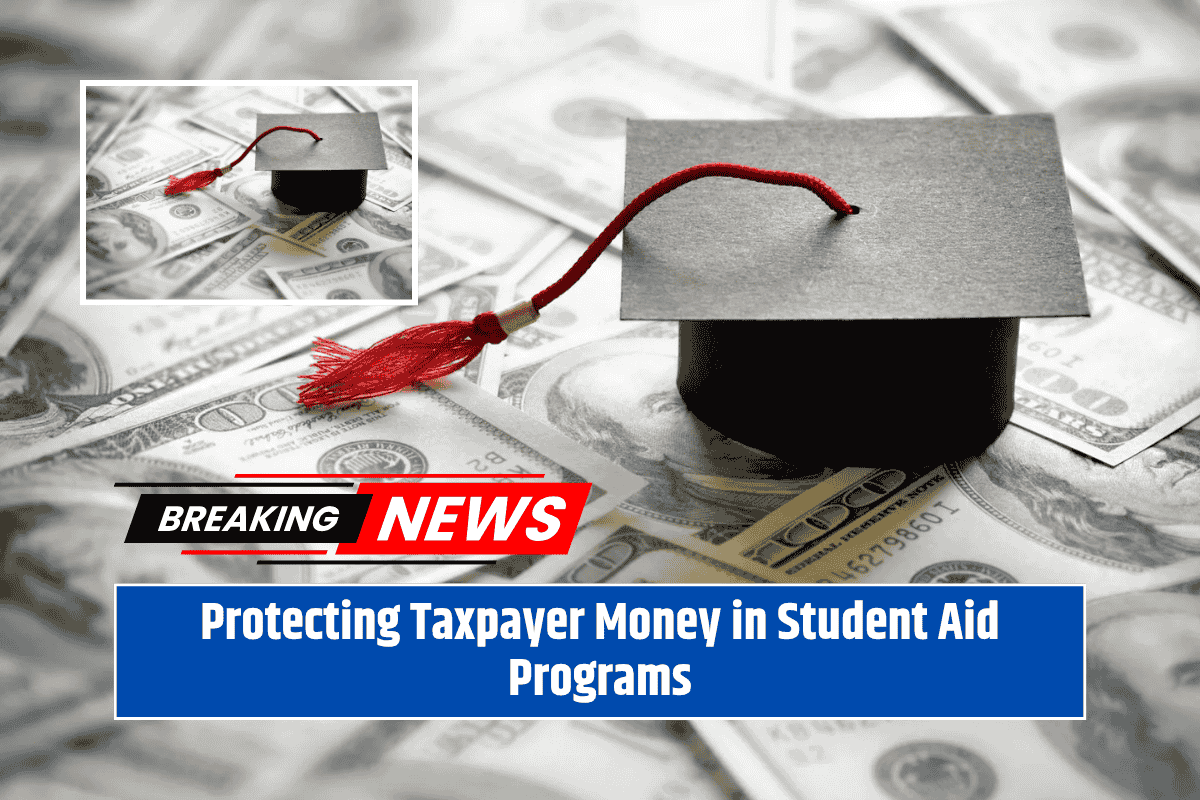Under the leadership of former President Donald Trump, there are plans to implement stricter visa rules targeting students from China and Hong Kong. These measures are aimed at increasing national security and reducing the influence of the Chinese Communist Party (CCP) in the United States. The proposed policies would involve revoking existing visas and tightening the approval process for future applicants from China.
What Changes Are Proposed?
The Trump administration has announced its intention to work closely with the U.S. Department of Homeland Security and the State Department to review and revoke visas held by Chinese nationals. The main focus is on students who may have ties to the CCP or who are studying in sensitive academic fields such as artificial intelligence, quantum computing, robotics, and other advanced technologies.
Stricter Visa Scrutiny for Chinese Nationals
If re-elected, Trump’s team plans to revise visa policies to impose more thorough checks on all applications from the People’s Republic of China and Hong Kong. This means a deeper background review of applicants’ academic history, political affiliations, and potential connections to the Chinese government or military-linked institutions.
National Security Concerns
The reason behind these proposed changes is to prevent espionage and unauthorized transfer of technology to China. There has been growing concern in the U.S. about Chinese efforts to acquire sensitive research and innovation from American universities and companies. The Trump policy emphasizes that protecting intellectual property and national security is more important than allowing unrestricted access to American education and research programs.
Impact on Chinese Students
If these policies are enforced, thousands of Chinese students could see their U.S. visas revoked or face rejections when applying for new ones. Those currently in the U.S. may be forced to leave if found to be linked with the CCP or studying subjects labeled as critical to U.S. security. It would also become more difficult for future students from China and Hong Kong to pursue studies in the United States.
Previous Actions and Context
During Trump’s previous term, similar restrictions were placed on students and researchers from China. In 2020, the U.S. government revoked visas of around 1,000 Chinese students believed to have links with military-affiliated universities in China. This new plan aims to build upon those actions with a broader and more aggressive strategy.
The proposed visa policy under Trump reflects a strong stance against potential foreign influence and intellectual property theft. While these actions aim to protect U.S. national interests, they also carry the risk of affecting educational institutions, student diversity, and international collaboration. If implemented, the new measures will mark a significant shift in U.S. immigration and education policy toward Chinese nationals.

